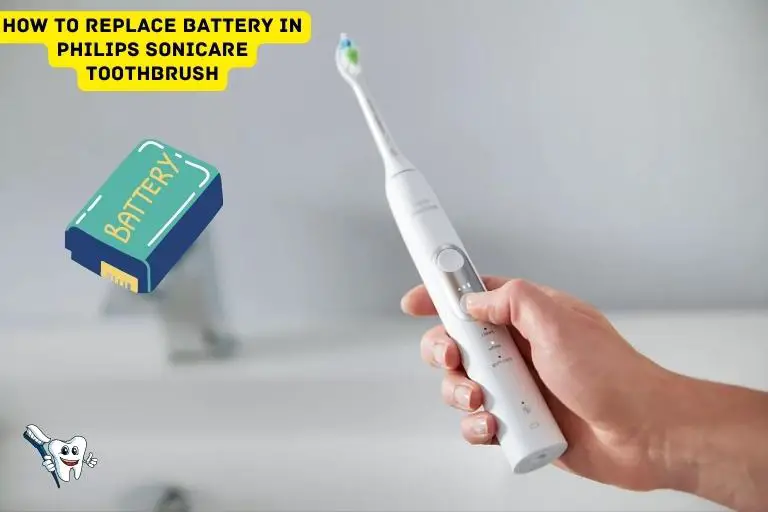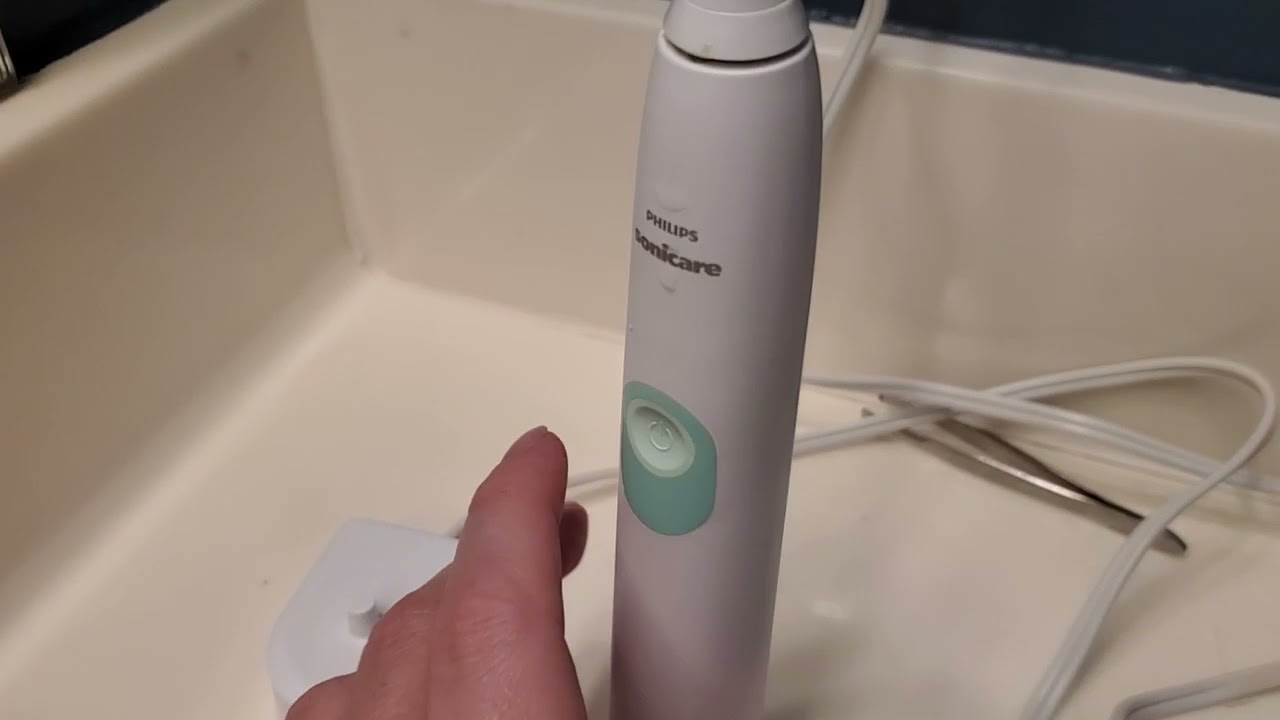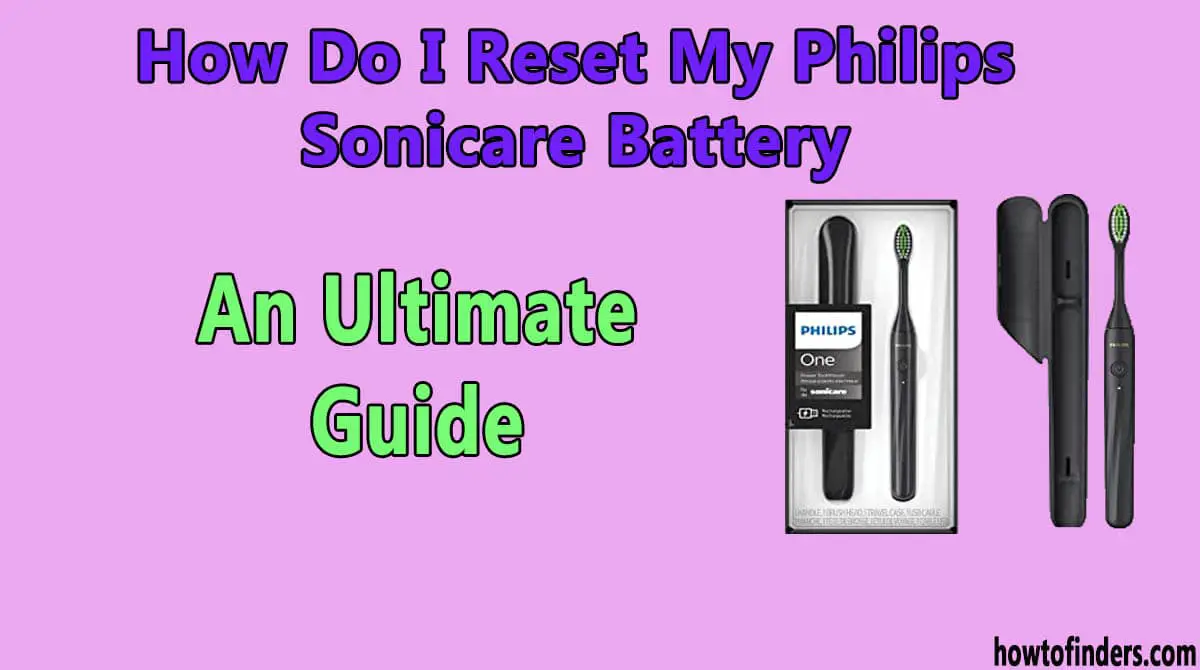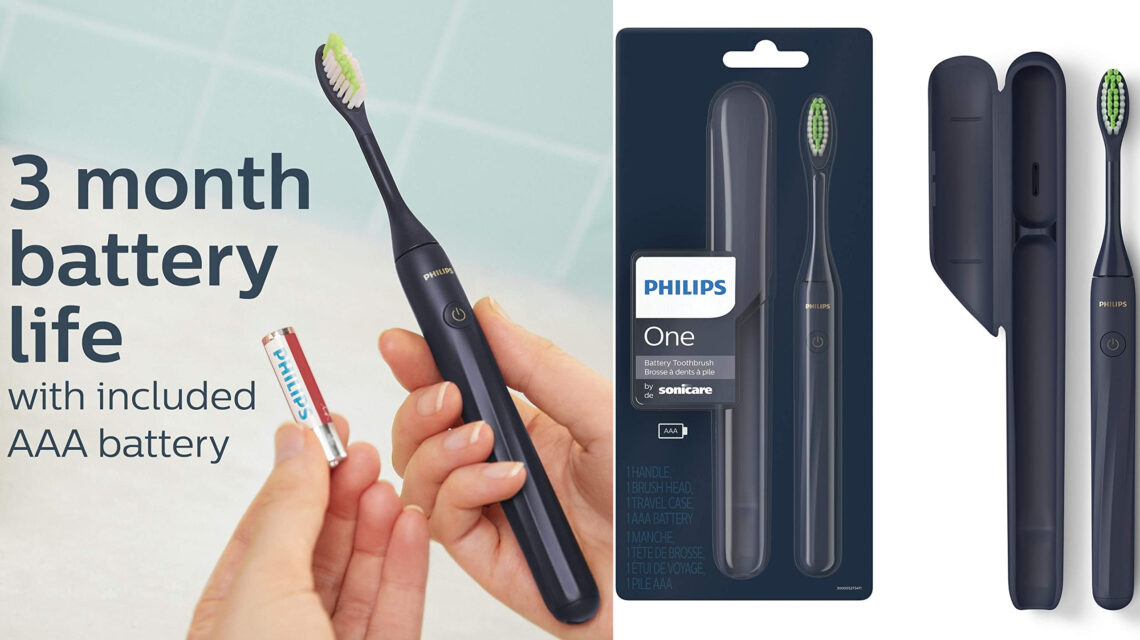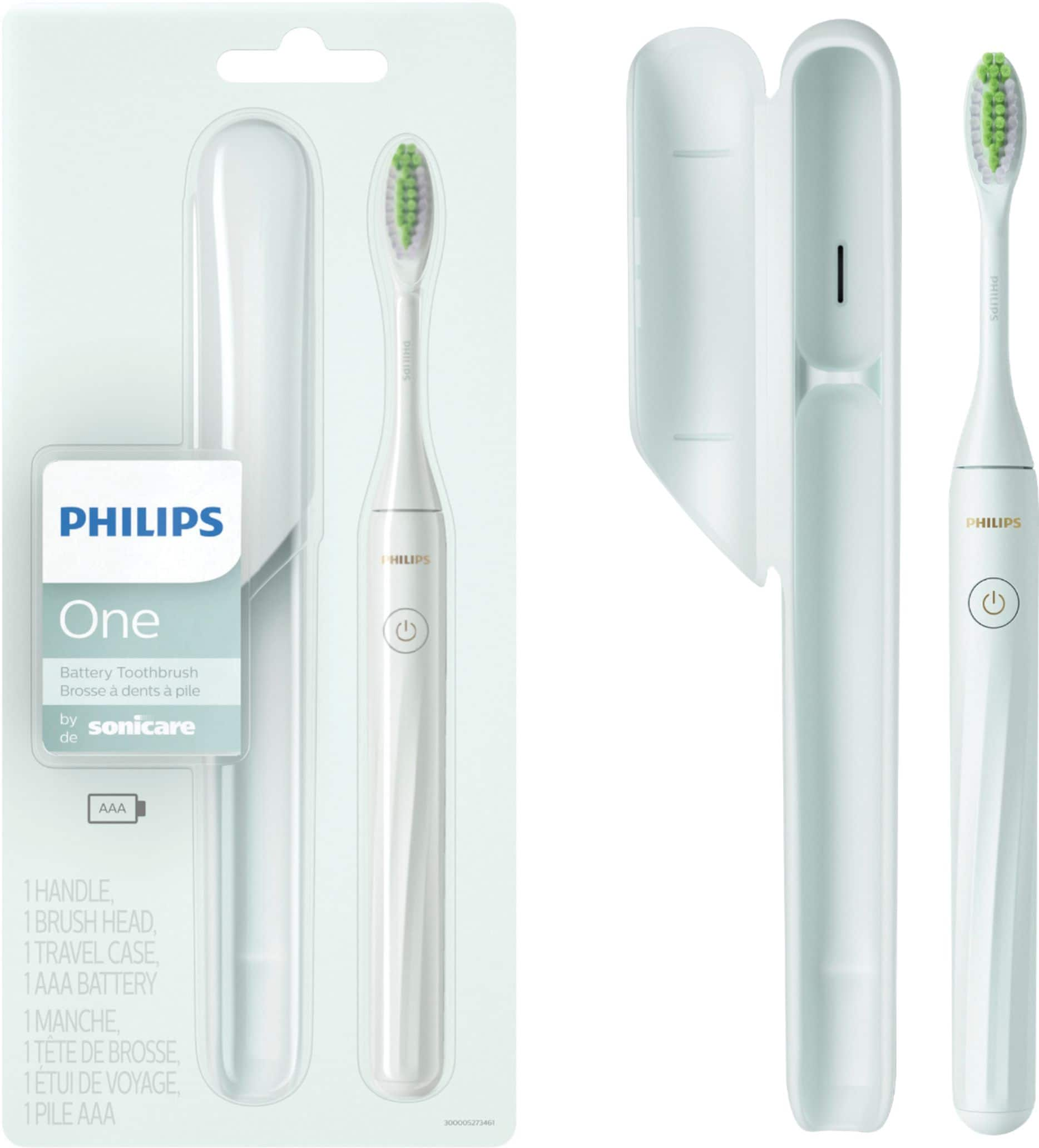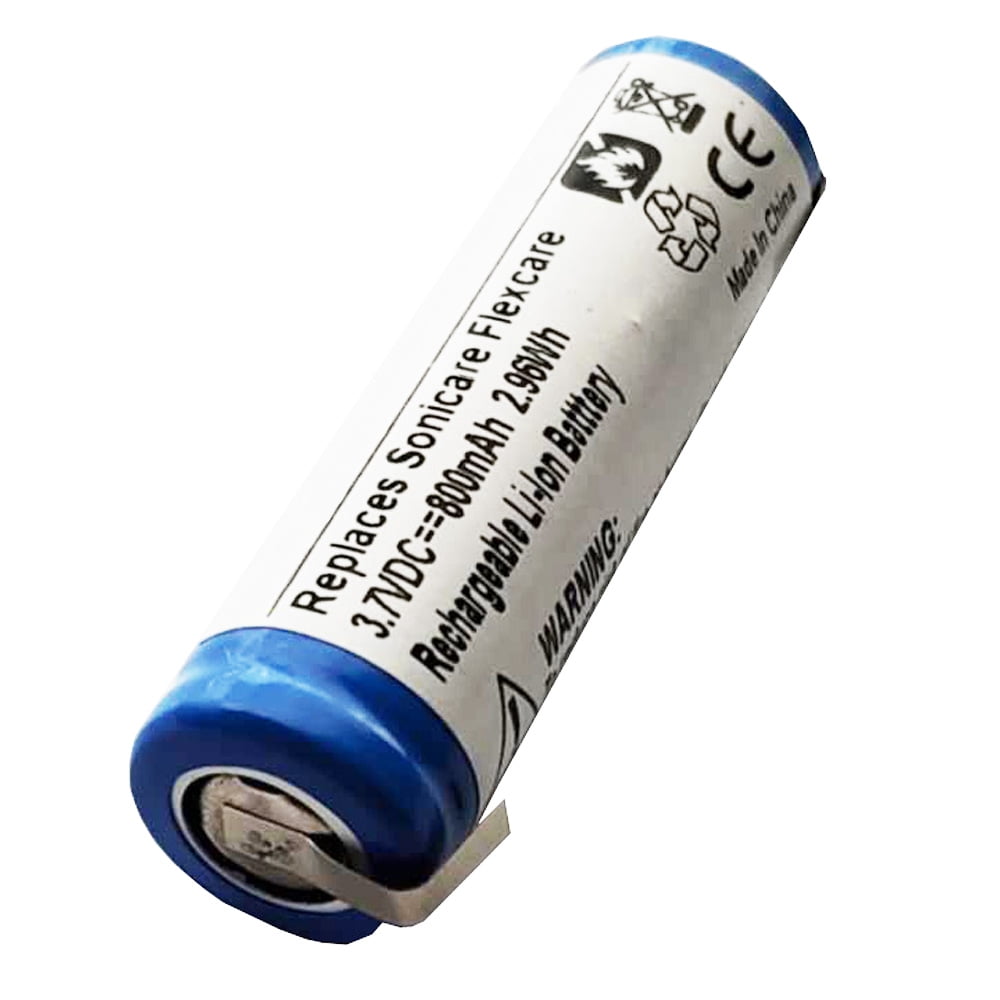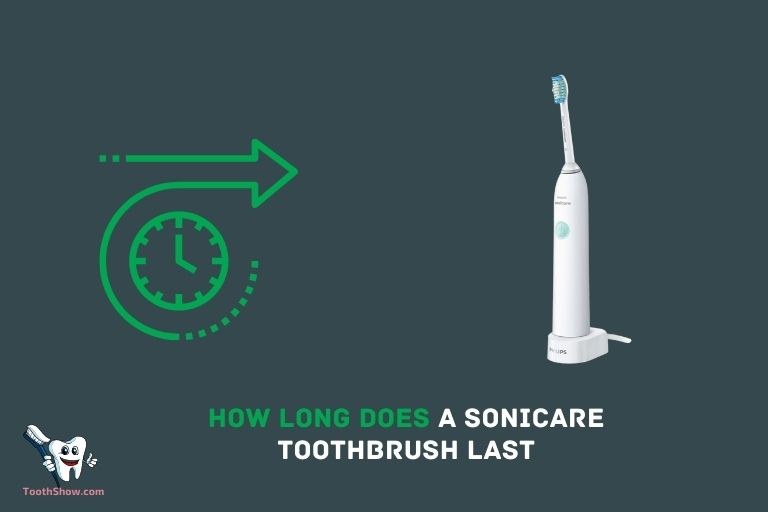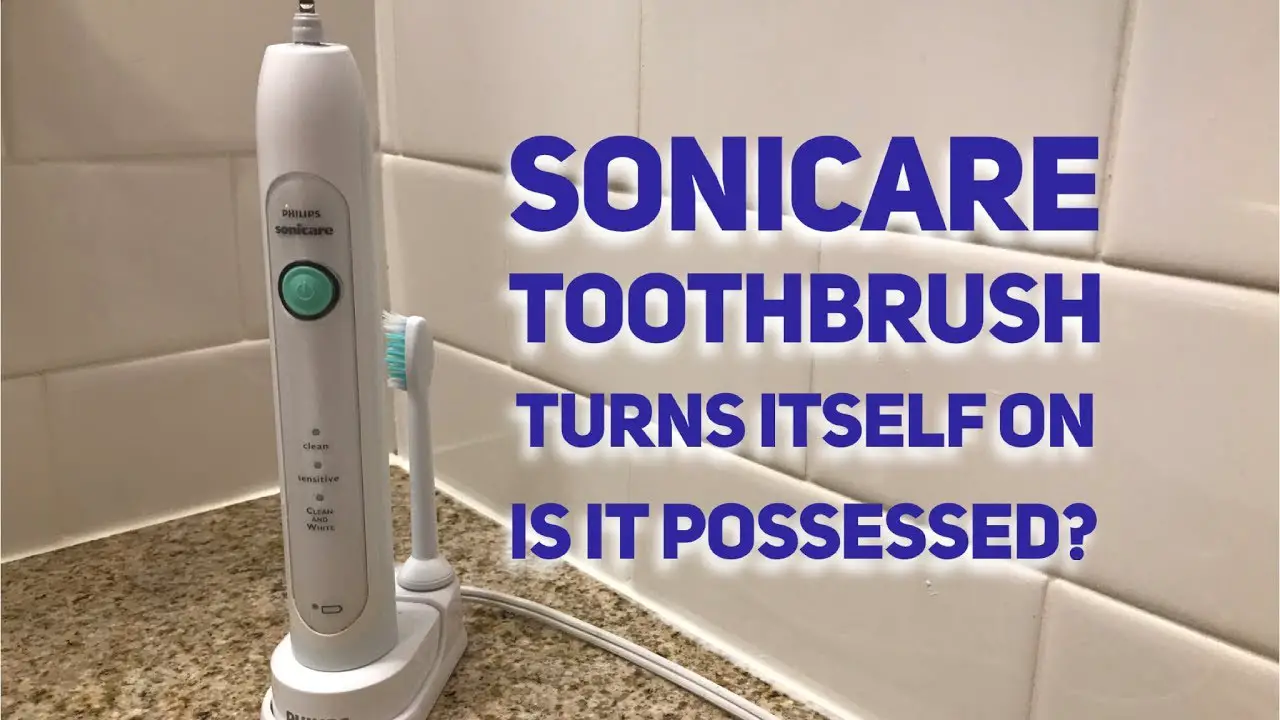How Long Does The Philips Sonicare Battery Last

For millions who rely on the convenience and cleaning power of Philips Sonicare electric toothbrushes, a crucial question often arises: How long can I expect the battery to last before needing a recharge? Understanding the battery life of your Sonicare can significantly impact your oral hygiene routine and overall satisfaction with the product.
This article delves into the factors affecting Philips Sonicare battery life, offering insights based on official Philips data, user experiences, and expert opinions. We aim to provide a comprehensive guide to help you maximize your Sonicare's battery performance and avoid unexpected power drain.
Factors Influencing Battery Life
Philips Sonicare toothbrushes generally utilize rechargeable lithium-ion batteries. The lifespan of these batteries, however, isn't uniform across all models or users. Several factors play a key role in determining how long a single charge will last.
One significant influence is the specific model of the Sonicare toothbrush. Newer models often incorporate more energy-efficient technologies and optimized battery management systems, potentially leading to longer battery life compared to older iterations. Furthermore, features like Bluetooth connectivity and personalized cleaning modes can also draw more power.
Usage patterns also heavily affect battery endurance. Brushing frequency and duration are primary determinants. Philips typically recommends brushing for two minutes, twice a day. Deviating significantly from this recommendation, either by brushing more frequently or for longer periods, will naturally deplete the battery faster.
Charging habits, too, play a vital role. While lithium-ion batteries don't suffer from the "memory effect" of older battery technologies, consistently deep-discharging the battery before recharging might, over the long term, affect its overall lifespan. Official Philips guidance generally advises charging the toothbrush as needed, without necessarily waiting for complete depletion.
Official Battery Life Claims and User Experiences
Philips officially states that most Sonicare models offer approximately two weeks of battery life on a full charge, assuming twice-daily brushing for two minutes each time. This is the benchmark provided for most models and can be found on their official website and product packaging.
However, real-world user experiences can vary. Online forums and product reviews reveal a spectrum of reported battery durations. Some users report exceeding the two-week claim, while others experience shorter lifespans, sometimes as little as a week, depending on their usage habits and the age of the device.
Factors like environmental temperature can also play a subtle role. Extreme temperatures, both hot and cold, can negatively impact battery performance. Storing the toothbrush in a moderately temperate environment is generally recommended.
Troubleshooting Battery Issues
If you're experiencing significantly shorter battery life than expected, several troubleshooting steps can be taken. Firstly, ensure the toothbrush is fully charged before each use. A complete charge cycle can take up to 24 hours for some models.
Secondly, clean the charging contacts on both the toothbrush and the charging base. Debris buildup can interfere with proper charging. A soft, dry cloth is usually sufficient for this purpose.
Thirdly, consider the age of the toothbrush. Like all rechargeable batteries, Sonicare batteries degrade over time. If your toothbrush is several years old, the reduced battery life might simply be due to natural aging and degradation of the battery's capacity.
If these steps don't resolve the issue, contacting Philips customer support is recommended. They may be able to offer further troubleshooting assistance or suggest a replacement if the battery is indeed faulty.
Extending Your Sonicare's Battery Life
Beyond addressing potential issues, there are proactive steps users can take to maximize their Sonicare's battery life. First, adopt consistent and efficient brushing habits. Adhering to the recommended two-minute brushing time, twice daily, helps optimize both oral hygiene and battery conservation.
Second, avoid overcharging the toothbrush. While lithium-ion batteries are generally protected from overcharging, unplugging the charger once the toothbrush is fully charged can help minimize unnecessary strain on the battery. Third, store your Sonicare toothbrush in a cool, dry place when not in use, avoiding extreme temperatures. Proper storage can contribute to preserving the battery's long-term health.
By understanding the factors that influence Philips Sonicare battery life and adopting proactive maintenance strategies, users can ensure a reliable and consistent oral hygiene experience for years to come. Remembering optimal usage and proper charging habits is crucial.
Refer to your specific model's user manual for tailored instructions and recommendations.



